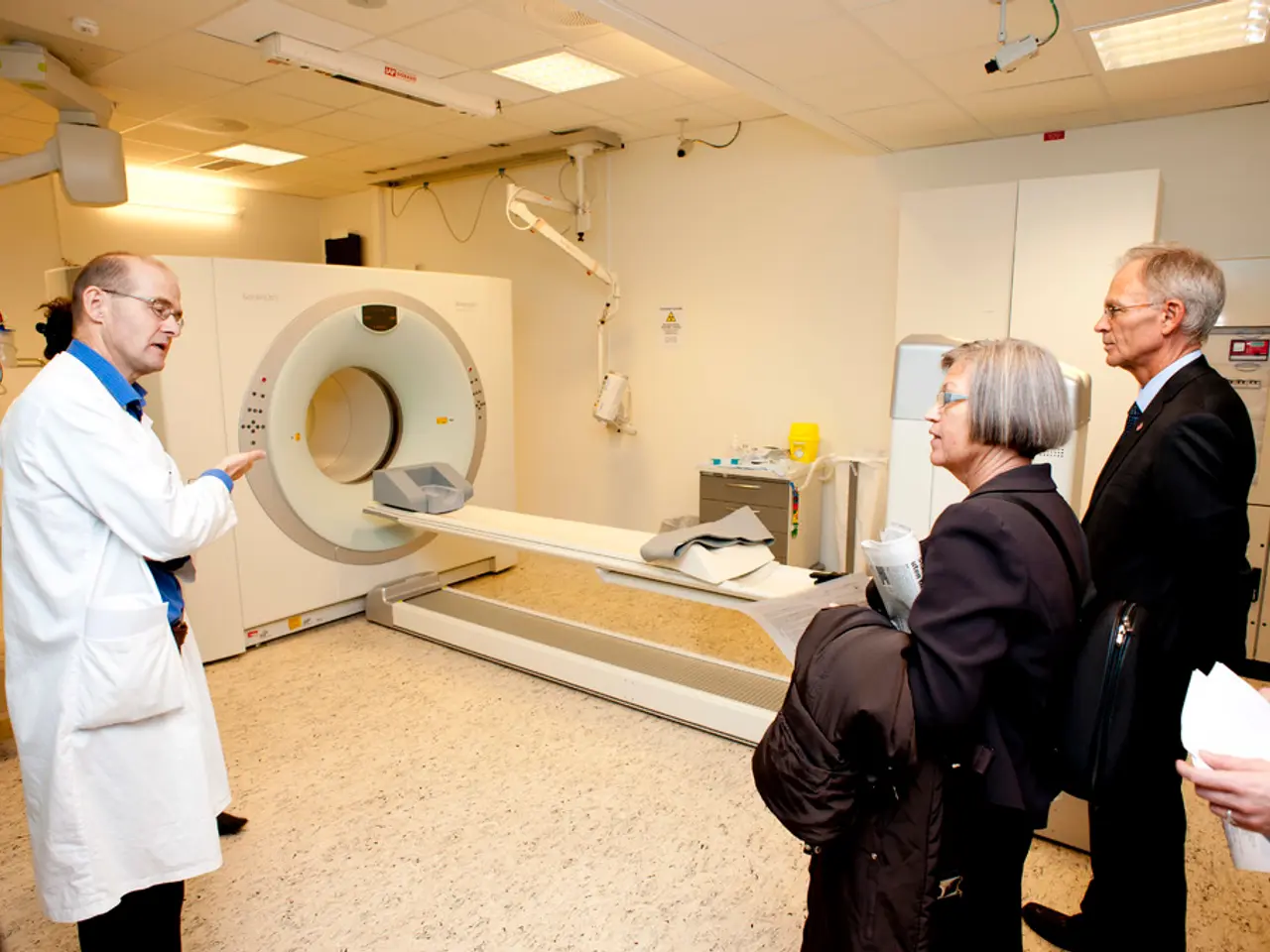Proficient mastery is essential for medical profession
In a recent decision made by the Regional Court of Erfurt, a medical documentation assistant in the city of Erfurt, Thuringia, has won a dispute with her employer over the correct classification of her position. The plaintiff, who has been employed at the hospital since 2007, argued that her job requires medical specialist knowledge and demanded reclassification into pay grade 5, step 5.
The plaintiff's job involves documenting, encrypting, and administrating medical information, with a focus on oncology, pediatrics/NEO, and occasionally other areas. The data pool managed by the individual is used as a basis for treatment, billing, and quality management of the hospital. The court ruled that the requirements for pay grade 5 were met for the plaintiff's job, a decision that contradicts the hospital's stance that no specialist knowledge is necessary for the role.
The plaintiff's job was deemed a large work process requiring thorough specialist knowledge, with knowledge of legal regulations, commercial, and technical specialist knowledge being deemed necessary. The hospital, however, disputed this need for specialist knowledge.
Medical documentation assistants in Germany generally support clinical documentation, record keeping, and data management tasks within healthcare or research settings. They may assist in creating, maintaining, and verifying patient records or clinical trial data. Technologies like AI and software tools are increasingly used to automate and improve medical documentation and clinical decision-making, which could influence the job role and potentially lead to changes or reclassification over time in such assistant positions.
For detailed and current information on the specific job role and any official reclassification of medical documentation assistants in Thuringia, it is best to consult the regional health ministry or hospital HR departments in Thuringia, the Federal Employment Agency (Bundesagentur für Arbeit) job listings with regional filtering, trade unions or professional associations for medical documentation professionals in Germany, and official publications regarding wage agreements or public service job classifications.
The search results do not provide a direct, detailed reference to these aspects specifically for Thuringia. For more information about this specific case, contact Ralf Schick at the provided contact information.
This article requires a Staatsanzeiger subscription to access. No advertisements were extracted.
[1] Make it in Germany (2021). Job vacancies in Germany. Retrieved from https://www.make-it-in-germany.com/en/job-market/vacancies
[2] European Commission (2019). Artificial Intelligence and Europe's Digital Future. Retrieved from https://ec.europa.eu/info/publications/artificial-intelligence-europes-digital-future_en
[4] Bundesagentur für Arbeit (2021). Job vacancies in Thuringia, Germany. Retrieved from https://www.arbeitsagentur.de/karriere/stellenangebote/thueringen/
- The court's decision in the dispute over the classification of the medical documentation assistant's position in Erfurt, Thuringia, signifies a shift in the understanding of workplace-wellness, as it emphasizes the need for medical-conditions expertise in this role, contributing to health-and-wellness and fitness-and-exercise programs through accurate documentation and data management.
- As the role of medical documentation assistants evolves with the integration of AI and other software tools, there is a growing need for these professionals to have a strong foundation in science and nutrition to ensure high-quality information and decision-making in fitness-and-exercise, health-and-wellness, and medical-conditions fields.
- In light of the shift in the job role of medical documentation assistants and the increasing reliance on technology in the medical field, it is crucial for management to consider workplace-wellness initiatives that focus on fitness-and-exercise and nutrition, along with Continuing Professional Development (CPD) programs to help professionals stay updated with the scientific advancements and regulatory changes in these areas.




